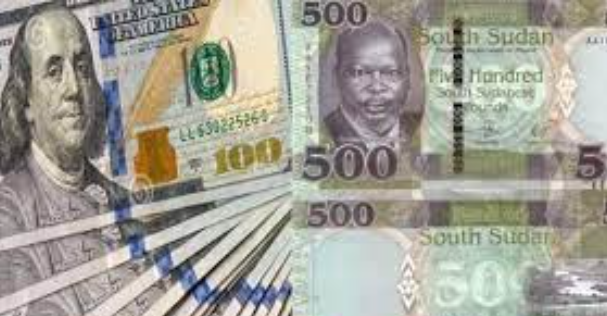An economist has said misinformation about the soaring dollar exchange rate in the black market is the main driver of commodity price hikes and urged the Central Bank and finance ministry to rein in speculators who want to benefit from the turmoil in the market.
Speaking to Radio Tamazuj on Thursday, Professor Morris Madut, the head of the Economics Department at the University of Juba, accused some individuals within public finance institutions of ‘engineering’ speculation whenever the Central Bank intends to auction hard currency.
“A major driver of this dollar rate and the fact that it is depreciating against the South Sudanese Pound (SSP) is first and foremost speculation,” he said. “So, we have a situation where people in the black market can use money and speculate.”
Madut said financial market speculation is a threat to the economy of South Sudan and the local currency.
“Even if there is enough supply of the U.S. dollar, as long as there is misinformation in the market, which can drive the value of the SSP against the dollar significantly down,” he said.
Currently, 1 dollar is exchanged at SSP 800 in the black market while the Central Bank rate is 762. The depreciation of the SSP has played out in high commodity prices in markets across the country.
Earlier this week, the Bank of South Sudan announced plans to auction USD 5 million to commercial banks and forex bureaus.
Prof. Madut however says that without hard currency being channeled to the rightful people like genuine exporters and importers, the economic situation will not change.
“As I said, the auctioning of dollars is key because, at the end of the day, you need the hard currency to be able to supply basic items,” he advised. “But also it is important that that auctioning goes to the right actors in the banks and to importers and exporters.”
The economist lauded the government for effectively managing the auction of the money received from the International Monetary Fund (IMF) in 2019 and 2021 during the Covid-19 era and urged them to use the same formula.
He also attributed the high foreign exchange rate and increased prices to the low productivity in the country.




